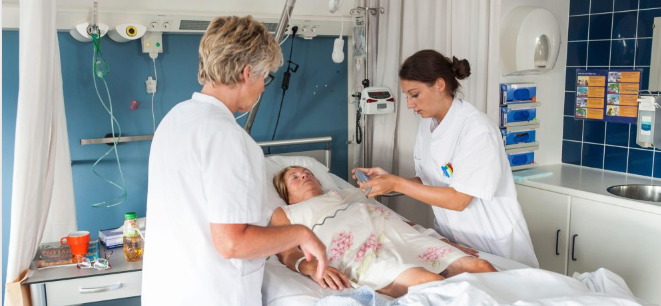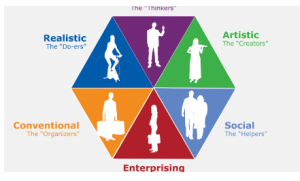Clinical placements offer medical and healthcare students the opportunity to gain hands-on practical experience over a short-term period. They are often an essential part in gaining their registered qualifications, where real-world practical experience is essential.
Clinical placements should prioritise the development of competence amongst undergraduate students by engaging them with authentic clinical opportunities. Clinical placements must be integrated into education programmes in order for students to develop.

Clinical Placements
A good clinical training placement will always offer encouragement in personal development with support and encouragement offered to trainees to enable them to pursue their specialist interests.
The pace of clinical placement should be manageable. Whereas some thrive on pressure, whilst others prefer slow and steady. There is always a happy medium.
Clinical supervisors should also have the ability to demonstrate empathy for their students on placement. A supportive attitude when asking for help and guidance goes a long way in making students feel like they are understood and valued.
Adequate staffing levels and having staff that are fully qualified in dealing with a range of issues also contribute to a positive placement experience. Supervisors have the time, skills and expertise to impart their knowledge to students working alongside them.
Training
Whether student or registered professional, it is always essential for healthcare workers to continuously undertake relevant training so that they stay current within their chosen specialism and so that they continue to provide patients with the highest quality of care.

Specialist training providers offer both individuals and organisations a range of training courses and packages suitable for the continued professional development of healthcare staff. Expert trainers can attend your workplace or clinical setting to deliver these on a one-to-one basis or with a group. This allows learners to gain practical skills in areas such as anaphylaxis/epi-pen training, catheter care training and intramuscular injections training, plus many more options.
For a range of clinical training courses, visit www.tidaltraining.co.uk/clinical-training-courses/.
Providing staff and students with new opportunities to upskill and develop allows an organisation to lead the way in clinical excellence.








+ There are no comments
Add yours